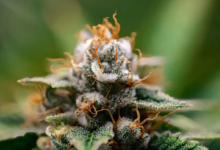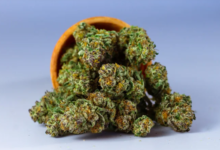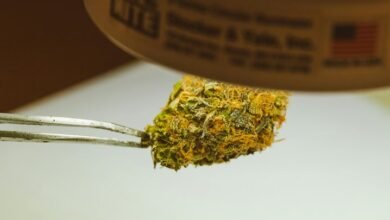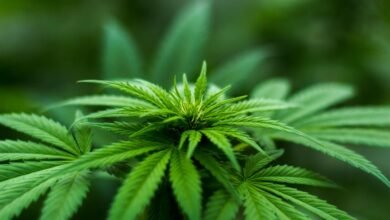What Is Cbd in Hemp

CBD, or cannabidiol, is a prominent compound found in hemp, a specific type of Cannabis sativa. Unlike THC, CBD does not induce psychoactive effects, making it appealing for various applications. The extraction process of CBD is heavily influenced by the quality of hemp cultivation. Understanding the nuances of how CBD functions within the body and its potential benefits can illuminate its growing popularity in wellness circles. What remains to be explored are the implications of these interactions.
Understanding CBD: The Basics
Cannabidiol (CBD) is a prominent compound found in hemp, belonging to a class of substances known as cannabinoids.
Understanding CBD requires familiarity with specific cbd terminology, which can help clarify common cbd misconceptions.
Many individuals conflate CBD with THC, unaware of their distinct properties.
Accurate knowledge fosters informed choices, allowing consumers to navigate the evolving landscape of CBD products with greater autonomy and awareness.
The Role of Hemp in CBD Production
Hemp serves as the primary source for the extraction of CBD, a process that highlights the plant's unique characteristics and cultivation methods.
The effectiveness of CBD extraction largely depends on the quality of hemp cultivation, which includes factors like soil health and environmental conditions.
This focus on sustainable practices ensures that the resulting CBD is both potent and aligned with consumer desires for natural products.
How CBD Interacts With the Body
Numerous studies have demonstrated that CBD interacts with the body's endocannabinoid system (ECS), a complex network of receptors and neurotransmitters that play a vital role in maintaining homeostasis.
CBD primarily influences the ECS by binding to specific CBD receptors, which modulate various physiological processes.
This interaction underscores the potential of CBD to support the body's natural regulatory mechanisms and promote a sense of balance.
Potential Benefits of CBD for Wellness
What makes CBD a compelling option for wellness? Its potential for stress relief and pain management positions it as a noteworthy alternative in holistic health.
Research suggests that CBD may alleviate anxiety and chronic pain, promoting overall well-being.
As individuals seek natural remedies, CBD's therapeutic properties offer a sense of empowerment, enabling them to take control of their health in a liberated manner.
Conclusion
In conclusion, cannabidiol (CBD) from hemp heralds a harmonious intersection of health and hemp cultivation. Its non-psychoactive nature and multifaceted interactions with the endocannabinoid system suggest significant potential for promoting wellness. By prioritizing quality cultivation and understanding the intricate relationship between CBD and the human body, consumers can make informed decisions. As research continues to unfold, the promise of CBD as a pivotal player in holistic health remains a fascinating frontier worth exploring.






